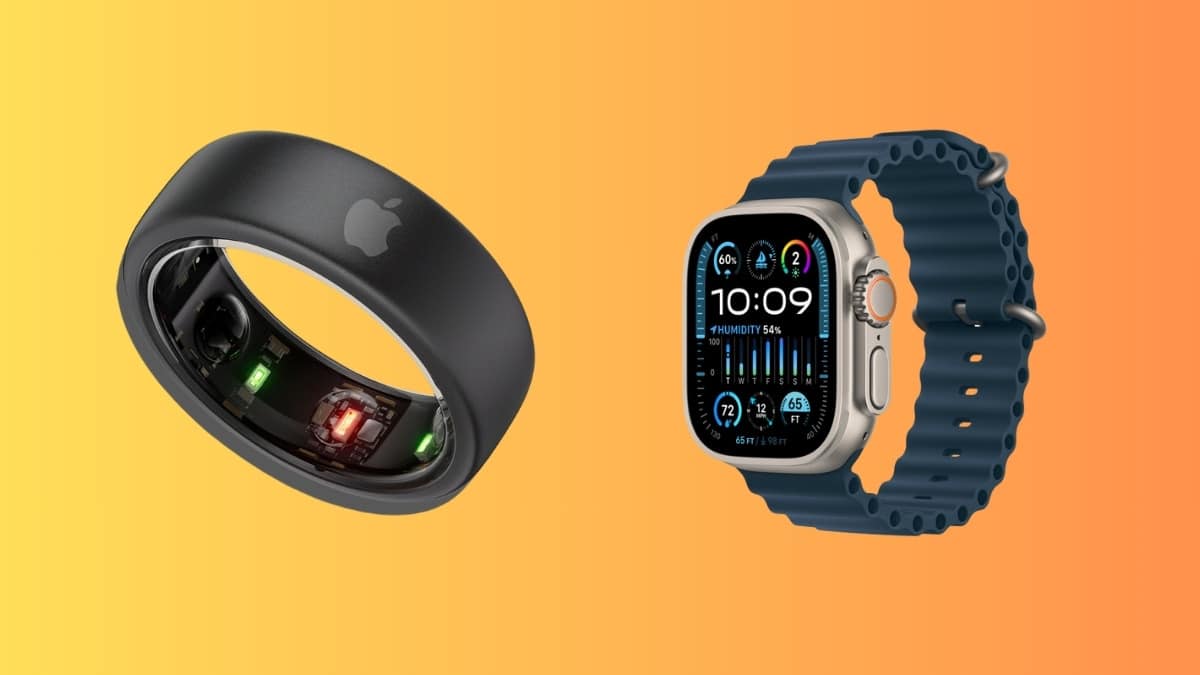The wearable tech market is constantly evolving, with smart rings emerging as the next big trend. While giants like Samsung have announced their entry, rumors swirl about a potential Apple Ring. Though not confirmed, the idea is intriguing for Apple Watch users like myself who value a unified health ecosystem.
For years, I’ve relied on Apple products for fitness tracking, starting with the Apple Watch in 2015. Over time, Apple has packed the Watch with features like ECG, sleep tracking, and blood oxygen, all syncing seamlessly with the Health app. This comprehensive health data is what makes the prospect of an Apple Ring so appealing.
Unlike most third-party rings requiring separate apps, an Apple Ring would integrate directly with the familiar and trusted Health app. This eliminates the need for additional apps and data silos, ensuring a smooth user experience. It would likely sync with the Activity app and Fitness Plus, further solidifying its position within Apple’s fitness ecosystem.
Also Read: The End of an Era: Apple’s Touch ID Fades Away, Making Room for Face ID
However, the question arises: why an Apple Ring when the Apple Watch exists? While the Watch offers comprehensive health monitoring and functionality, it’s not for everyone. Some find it bulky or inconvenient for everyday wear, especially at night. Additionally, the nightly charging requirement can be a hassle.
A ring, on the other hand, is discreet and comfortable, even for sleep. It also boasts extended battery life compared to the Watch. Plus, the lack of a display potentially translates to affordability, making it accessible to a wider audience.
While Apple’s patents hint at a possible smart ring, it’s important to remember that patents don’t guarantee a product. Currently, the Apple Ring seems to be just an idea.
However, for Apple Watch users like myself who value a unified health experience, the potential of a seamless Apple Ring integrating with the existing ecosystem is a compelling proposition. It might be worth the wait, even if Apple isn’t the first in the smart ring race. After all, Apple’s ability to integrate and simplify complex technology could make this a game-changer in the wearable health market.
